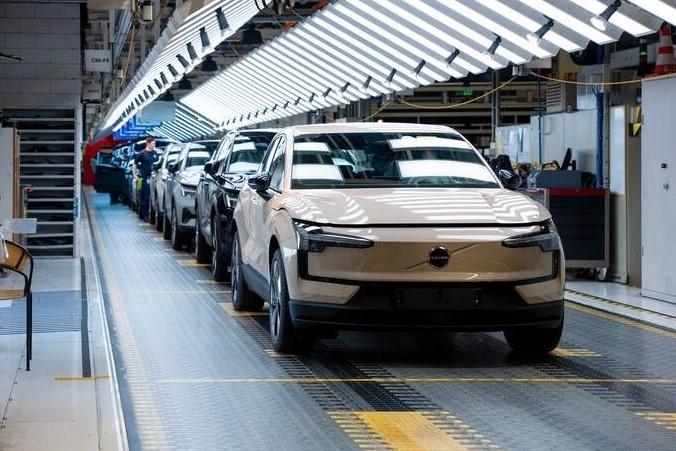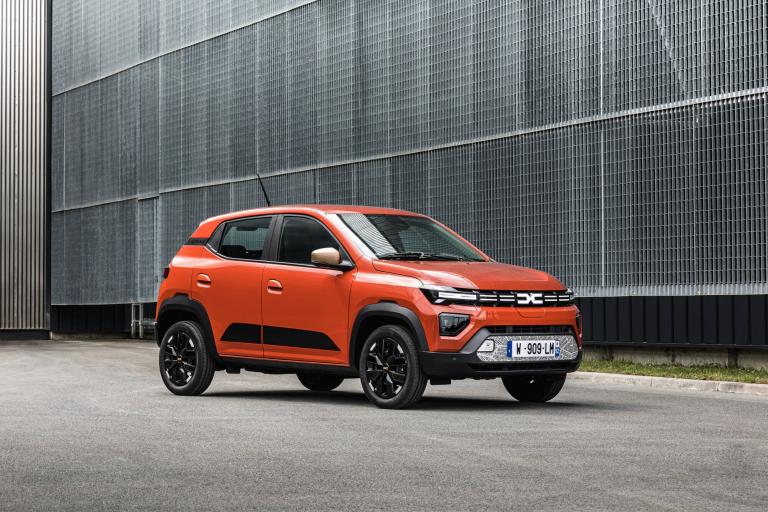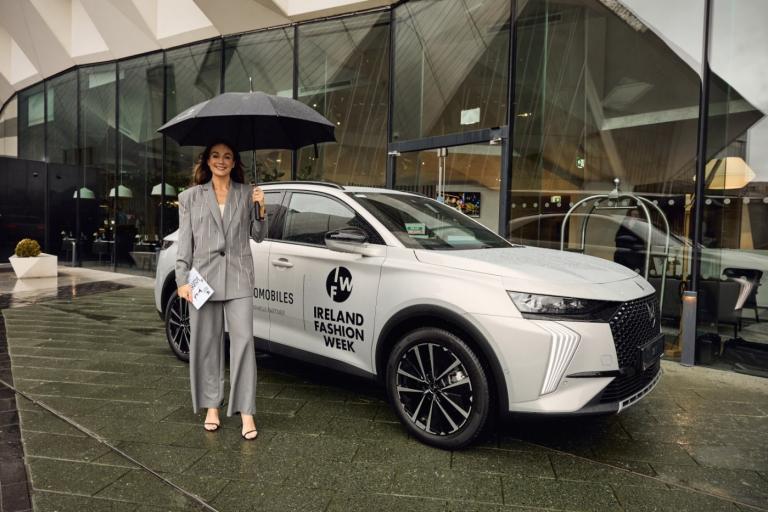Facing up to the reality of our cars emitting 2.75 tonnes of CO2 every year
Published on 11 August, 2021
Overview
This week’s climate change report with its dire predictions for the planet will surely put renewed focus on even more severe taxation measures to curb vehicle emissions in the next budget (and many more to come).
We should be ready to endure hits across the board but is there also a case to be made for a scrappage scheme to get the dirtiest cars off the road? There hasn’t been an appetite for it at government level but stranger things have happened. And these are strange times.
Emissions are not just smoky, ephemeral things; gases that spiral skywards as our vehicles (not to mention trains, factories etc) spit them out in the course of burning fossil fuels.
They are physical solids with weights in grammes per kilometre figures detailed for every new car. Even though individually minuscule, they have a specific weight.
I asked the Sustainable Energy Authority of Ireland to give me an estimate of the weight of emissions for passenger cars.
On average, a car’s annual CO2 emissions, based on the last three years, weigh 2.75 tonnes, or 2,750kg.
No matter what way you look at it, our cars are spewing out the equivalent volume of 2,750 kilo bags of sugar each every year.
Considering the number of cars on our roads, never mind the world’s, the weight is mind boggling.
I was a bit shocked with the mental image of billions of kilo bags of filth circulating in our atmosphere.
Such figures bring a different slant to how I’ll visualise what happens post-tailpipe exit from here on in.
Every time I hear “global warning” I’ll think of black sugar bags. Wrong colour, wrong flavour, I admit, but a real, tangible way of picturing the impact on the environment.
Between the need to meet strict emission regulations, the necessity to compete in the marketplace and to avoid enormous fines for missing key EU targets, carmakers have spent, and are spending, billions to reduce the volume of their harmful emissions.
The global report will mean they will spend lots more. And you and I will foot higher bills for our transport.
There is no longer any way to sugar coat the reality: this is an emergency.
Yes, there are repercussions for diesel and petrol cars especially. But the idea that electric cars are the blanket solution is flawed.
We still rely too much on fossil fuels for the energy that powers them, though that is changing too.
We can no longer drive slowly on change.
Certainly the slightly hopeful indications of minor progress published earlier this year by car history experts Cartell.ie need to be substantially accelerated.
There was a fall in the average CO2 emissions of new cars bought here last year: fewer one kilo bags in the overall context of the massive global warming report. The Cartell.ie analysis found average emissions decreased to 105 grammes/km, the lowest observed since recording the figures began in 2003. By way of illustration of the improvement, it was 133g/km in 2010 and 165g/km in 2003.
The trend has been, with a blip or two (2019 at 114g/km was higher than for both 2018 – 113, and 2017 – 112), steadily downwards for the best part of two decades.
But as the climate report emphasises, such advances are not enough any more. There is such a long, long way to go. We have been warned.
Latest Reviews

Volvo Cars starts production of EX30 in Europe

Dacia Spring: Ireland’s Best Value EV Just Got Even Cheaper

DS Automobiles Named Official Vehicle Partner for Ireland Fashion Week